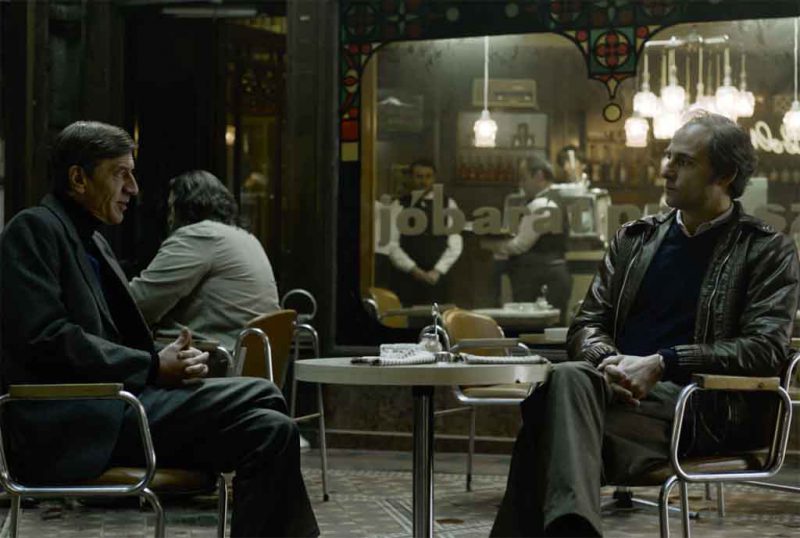Realism (#2)
Few will acknowledge the purpose of life. Even fewer understand it. This is typical among humans: we are masters of details, but vague about the bigger topics and goals.
We would expect this from a species in the grips of rationalization. We can explain anything to our neighbors and friends if we did it “for the poor,” or even for the various status signaling topics like climate change, fair trade, BLM, drunk driving, anti-smoking, and transsexualism.
Rationalization, however, replaces agency, or the ability we use to make decisions. When you find yourself choosing what you will do based on whether you can justify it as having an anti-poverty outcome, your pool of choices is limited.
Consequently the bigger questions evade us, just like we have no goal, since we are simply rationalizing from precedent.
The purpose of life is pleasure. Opportunity for play, joy, beauty, and comfort always beats out fear of pain. People will crawl through miles of battlefield wasteland just to capture a luxury or delight, like chocolate or wine.
Economically, they are doing the smart thing. You do not know when the war will end, but if you can bring comfort and pleasure to your family and friends, you have stolen moments from what war, pain, death, and fear hope to dominate.
All of us are rescuing moments of our lives from the void of doubt, suffering, and fear that floats underneath existence. We will strive for pleasure, where we try to move away from the darker aspects of life.
In this way, like natural selection shaped us for adaptation, the pursuit of pleasure moves us toward greater complexity. We achieve efficiency, balance, resiliency, durability, and relevance in what we do so that we can devote more time to enjoyment.
The pleasure does not work without darkness. Someone who could press a button and have all that they needed would soon find it all fairly worthless. The maximum became the minimum, and therefore, there was nothing left to do.
This may be the paradox of pleasure, and it reveals what pleasure is. The more venal the pursuits, the sooner they become exhausting. Every drug addict wants more drugs each time to achieve the same effect, and every sex addict seeks more partners and eventually more perversity to feel the same charge.
And yet few speak up for normal, ordinary, healthy, and mundane pleasure. A beautiful day, full of sun and promise, changes us more than the news reports of nuclear missiles moving to the borders.
Even intoxicants pale after a while. A few good friends, a pot of tea, a good book, a lifelonglasting love, even a cat or dog to befriend, and maybe best of all some combination of the above, deliver more pleasure than a mere buzz or orgasm.
We have not studied pleasure as a species enough to know it as something other than advertising. Ads for cars, beer, cigarettes, and even smartphones promise that you will be popular and have lots of sex plus getting intoxicated.
However, this vision of pleasure treats it like a fungible quantity where only the amount of it available matters. In reality, pleasure is composed entirely of context: the sunny day, the love of a spouse, the happy family around, the satisfaction of a job well done, and then the pot of tea and good book before a nap in the sun.
I call this the Hedonic Imperative: for us to understand ourselves, we must understand what we enjoy that brings pleasure to life, and cast aside all of the doubts and fears so that we may steal a few moments of glorious contentment and thankful, reverent joy under the blue skies of a radiant day.










